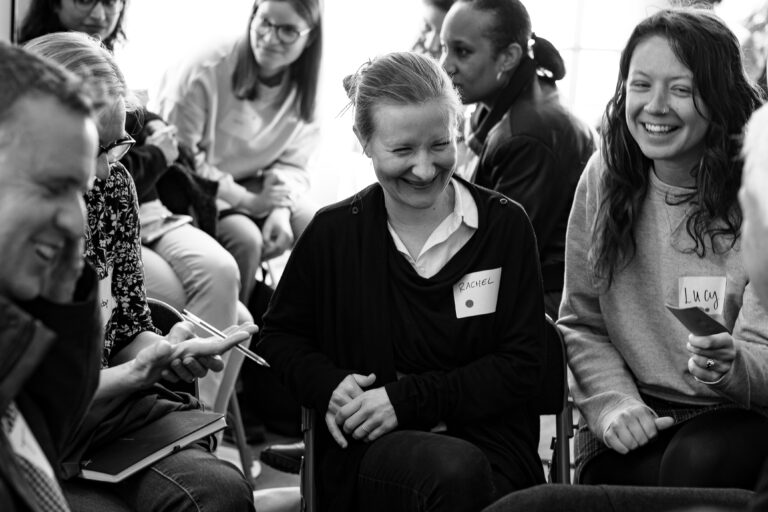Walking the walk: lessons on reducing the burden on grantees
By Louise Henry, Collaboration Manager at London Funders.
When I joined the Propel team, I came fresh from working as a grant manager. Prior to that, I’d written countless funding application for community organisations, some successful, many others were not. I understand how hard it is to find the time (and words!) to try and condense an organisation’s work into a few thousand words. I’ve sat on both sides of the fence and, as a previous grant manager, I recognise that it’s not easy to decide which handful of wonderful projects should be awarded funding, and who should go without.
I was excited to work on a programme that aimed to work collaboratively to bridge the gap between funders and civil society and support systems change work. In the early days of Propel, we heard time and time again from applicants that they wanted more facetime from funders, increased trust, and a more relational approach to grantmaking. Here’s how we’re getting on.
Expanding
As with all systems, the funding sector can be set in its ways. There are often assumptions on both sides, with applicants and grantees guessing what funders want to hear and funders sometimes being too far removed from the work of civil society to fully understand the pressures that funding processes put on them.
When our cohort of one-year Explore grants (funded not to deliver activities, but take time and space to plan, learn and consider how they could address root issues facing their communities) approached their final months, we considered how we could support their work to grow. We developed a process that removed the assumptions and guess work that often comes with application forms and homogenous guidance, opting instead for a chat between funder and grantee. With no set application form, deadline or set amount to apply for, grantees and funders worked together to create bespoke plans for a further two years of funding – the Expand Grants.
Reporting
A Propel grantee once compared reporting to feeling a little “like Oliver Twist, begging bowl in hand, asking for more”, and I tend to agree. So instead of a traditional reporting process, we’ve introduced a halfway check-in. A chat, loosely structured around a handful of questions centred on learning so far, and support needed to continue. Funders will write up notes to share with grantees, and upload them to Propel’s digital portal, saving grantees the burden of capturing the information.
Many Propel funders are now using a single reporting form, with some funders going one step further – completing the report on grantees’ behalf after they’ve had a meeting or project visit. We’re working to simplify this process for grantees, to change the power dynamic around reporting. I like to think we’re getting there.
Reflecting
As a collaboration, Propel partners are also learning and experimenting. We’re working with new partners for the first time, we’re doing things differently, and so funders in particular must also be able reflect on changing practice. Our learning partner IVAR supports us with this, asking funders the same questions as grantees are being asked in their end-of-year reports. Did you do what you said you would do? What are you learning about how change happens? What difference do you hope the work you are funding is making for individuals and communities? Do you think your work so far is contributing to wider change? And what support do you need to continue on this journey?
Next steps
Propel is a ten-year programme, and so we’ll continue to shift practice and grow new approaches in partnership with grantees. In November, we’re bringing together funders, equity partners and grantees together to begin collectively designing a long-term funding offer. As ever, we’ll continue sharing the learning that’s emerging from Propel with funders, civil society and London’s communities

